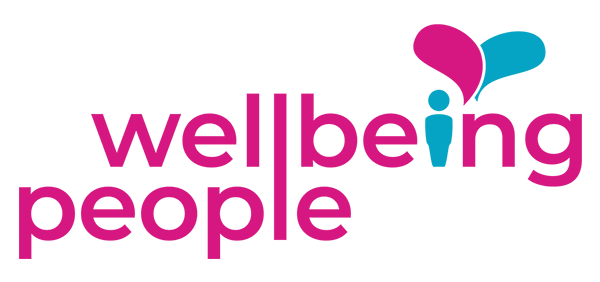Heart disease, also known as cardiovascular disease, encompasses a range of disorders that can have a negative impact on the heart’s ability to function properly and circulate blood efficiently throughout the body. Heart disease is a major cause of illness and death worldwide.
The risk factors for heart disease include high blood pressure, high cholesterol, smoking, obesity, lack of physical activity, poor diet, diabetes, family history and age. It’s important to manage these risk factors to reduce the likelihood of developing heart disease. Early detection, lifestyle changes, and medical interventions can play a significant role in preventing and managing heart disease.
preventing heart disease:
6 essential & effective habit upgrades
- 1Drink water first thing in the morning. Replace your first drink of the day with a glass of water or you could also try a cup of hot water with a slice of lemon. This daily ‘internal shower’ will hydrate your cells, energise your mind, support detoxification and remind yourself that you are prioritising your own wellbeing.
- 2Regular physical activity. Most of us know that regular physical activity is beneficial to our overall health. Frequent exercise is particularly good for our cardiovascular health and is associated with a decrease in cardiovascular mortality and the risk of developing cardiovascular disease. Set small goals – remember progress not perfection! Start with 10 minutes of exercise at a time a few times a day! Your heart is a muscle so will thank you for regularly increasing its beats per minute! Try upgrading your activity by spending 10 active minutes outside every day! In addition to increasing your heart health, this habit upgrade also balances hormones, increases energy, improves sleep quality, and increases vitamin D absorption!
- 3Prioritise your sleep. A habit upgrade could be turning off all screens about half an hour before bedtime. The light from screens can alert the brain and make it harder to fall asleep. Inadequate sleep not only deprives you of energy and productivity it also elevates inflammation which is particularly hazardous to heart health. In addition to this, your brain cannot detoxify without sleep, by sacrificing hours you’re accelerating the aging process and the likelihood of poor mental health.
build a healthy lifestyle that works for you
Discover our Habits for Health programme and start upgrading your habits today for a healthier tomorrow.
- 4Consume different colour seasonal vegetables every day. Eating more vegetables is a guaranteed way to consume more water (hydration), fiber (digestion & detoxification), and micronutrients (essential vitamins and minerals). A good way to upgrade your eating habits, even if you are not a fan of vegetables, is to try adding vegetables to your cooking. You could add finely chopped courgettes and mushrooms to a chilli con carne, or extra vegetables such as carrots, celery or leeks to a beef stew. Try experimenting with soups, smoothies and stir fry dishes! Or if you don’t have time to cook, look at the ingredients in the meals that you are buying and go for the one packed with the most veg!
- 5Move every 45 minutes. Set reminders for energy breaks with a posture stretch. Developing this regular habit will help with your blood flow and circulation. It also reduces the harmful effects of sitting such as musculoskeletal problems and lethargy whilst boosting natural energy!
- 6Relax and reset with your breath. When we’re very stressed we breathe from our chest instead of our diaphragm and our breathing can become shallow. Diaphragmatic breathing is proven to reduce stress, anxiety and blood pressure whilst improving lung efficiency. Consciously take deep breaths down into your belly, through your nose and out through your mouth, for about 5 minutes.
“So many people spend their health gaining wealth, and then have to spend their wealth to regain their health.” – A. J. Reb Materi
reducing the risk of heart disease
The good news is that we can reduce the risk of heart disease with healthy lifestyle choices. Upgrading habits to healthier ones and making small changes to our daily routines can make a big difference to our heart health and the prevention of heart disease. As shown above, these include regular physical activity, a healthy diet, quality sleep, not smoking, managing stress levels and following medical advice if required. It is worth noting though that unfortunately, there are some risk factors that are out of our control such as family history (genetics), age and sex (men have a higher risk of heart disease)

Have you had a blood pressure reading lately? Blood Pressure UK runs an awareness campaign every September to encourage the whole of the UK to know their numbers and find those with undiagnosed and uncontrolled high blood pressure. For information on how employees can measure their numbers at work, with our Interactive Health Kiosk, click here.
Further reading and research
